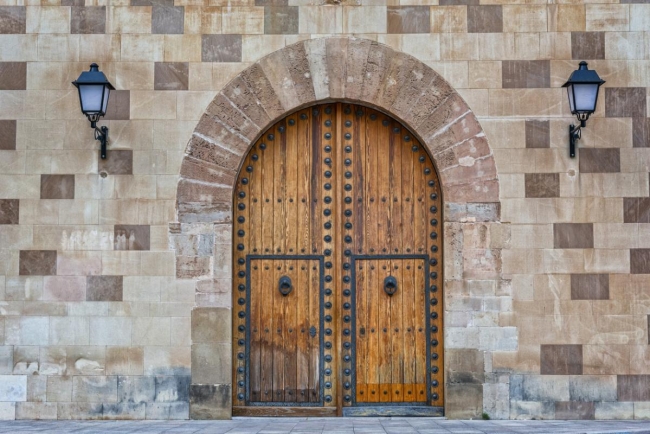You have /5 articles left.
Sign up for a free account or log in.

iStock.com/Martin Wahlborg
Higher ed administrators, observers and faculty members can agree on one thing: the fall semester is going to look different than any previous semester. Some colleges might be virtual, while others will try to limit students' social circles.
In a reaction to the changes and the uncertainty of it all, high school seniors have shown increased interest in gap years and delaying their college enrollment. Some may have found the pandemic and economic downturn has affected their family's ability to pay for college. What effect delayed enrollment will have on these students' overall academic achievement remains to be seen.
Research has shown that students who delay enrollment in college are less likely to graduate and may have their long-term earnings penalized. Two 2005 studies suggested that students who delay enrollment are 64 percent less likely than their "on-time" peers to complete a bachelor's degree and 18 percent less likely to complete any college credential.
"If the sole reason to delay is out of fear, then there will be an impact on their long-term careers, there will be an impact on will they graduate at all, there will be an impact on their long-term earnings," said Janet Houser, provost at Regis University, referring to students delaying because of the pandemic.
At Regis, Houser said internal data show that students who take a year off in the middle of earning their degrees are 26 percent less likely to graduate than those who do not.
Wil Del Pilar, vice president of higher education policy at the Education Trust, a think tank focused on low-income students, said recent research shows some low-income students are increasingly deciding not to go to college, which he said is likely due to economic distress.
"We have significant concerns around students who take that year," he said. "The longer students take off between high school graduation and enrollment, the less likely they are to ever come back."
Of course, there are different kinds of delays. In more normal times, some students may take an intentional gap year to volunteer, travel or grow as a person. Some selective institutions have encouraged this practice in their incoming students.
But those students with a structured program in mind are likely the minority of all delayers.
"It is a privilege of the rich," Houser said.
A 2002 study found that half of students who delayed college said they did so because of financial concerns or a preference to work. Only 15 percent said they wanted to pursue personal interests or take a break.
"For most of the students, their delay is not this voluntary gap year model," said Yuxin Lin, a research affiliate at the Community College Research Center at Teachers College, Columbia University.
Lin said that those gap-year students who defer after they've been accepted to a college aren't a big area of concern. But students who didn't apply this year, didn't get accepted to a college or are now rethinking whether college is a good choice for them may be at risk. Even those who plan to take only a few years before college can find themselves unable to enroll when the time comes.
With the pandemic affecting students' abilities to travel and pay for college, some who may have otherwise gone to private institutions with high graduation rates may now be looking at community colleges, which have lower rates of completion, she said.
Lin said she's concerned about the next cohort of students, especially those from low-income families who can't afford outside resources to help with college counseling.
Del Pilar similarly said that some students -- those who are making the decision to delay just because they envisioned a different experience -- are unlikely to have the choice impact whether they graduate. But for those who are delaying because they are financially squeezed, the effect could be significant.
"Once you start working full-time and take on adult responsibilities, it's hard to go back and then start attending classes full-time," he said. "Students who attend part-time generally take longer to finish and are less likely to finish."
Remedying the problem, he said, needs to begin with looking at the specific reasons students are interested in delaying, mainly financial uncertainty and concerns around safety and experience. Institutions and states could invest in need-based financial aid.
"At the federal level, we should be investing in the Pell Grant," Del Pilar said. "We should double the Pell Grant to help students with some of this uncertainty and give them the resources to be able to pay for college."
With online learning, Del Pilar said the experience depends on the institution and what sort of resources it can devote to robust online learning, support and faculty development.
"Until there is more certainty around what that experience looks like for students and whether colleges are going to open or not, I think students are going to continue to make choices around their postsecondary planning that may have long-term impacts," he said.
"Our fear at the Education Trust is that we're going to see disparities grow during this time."




